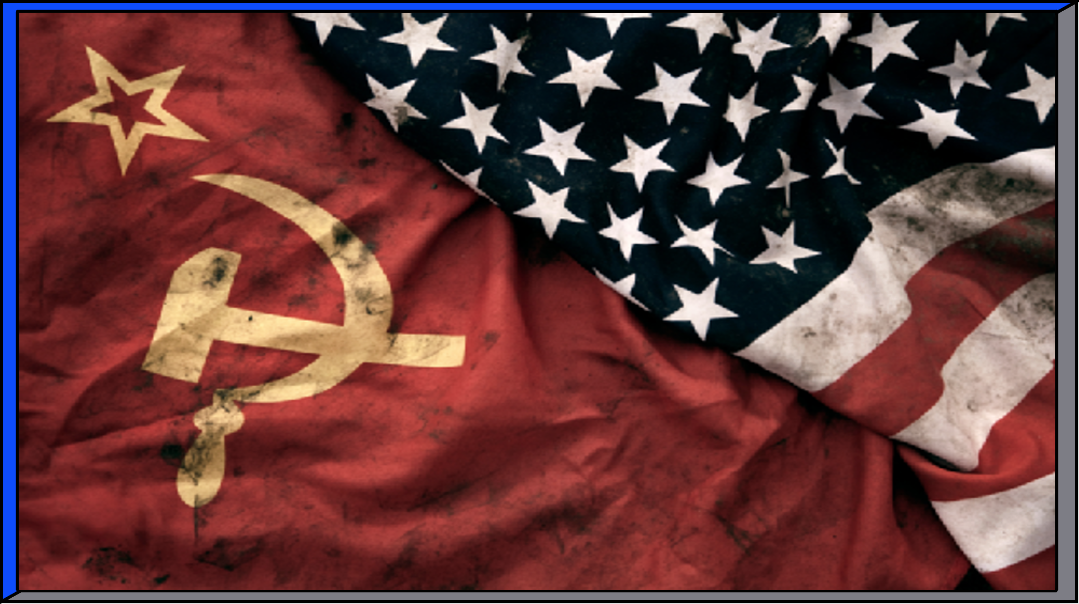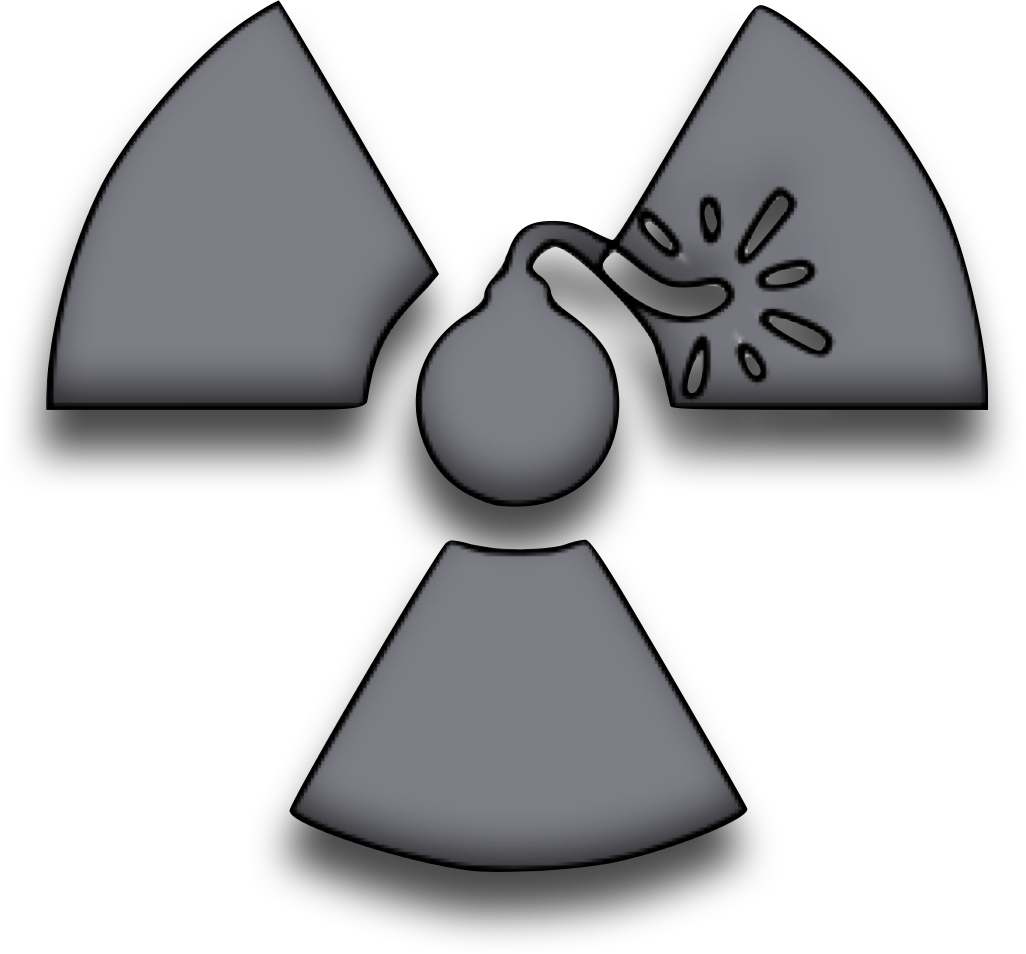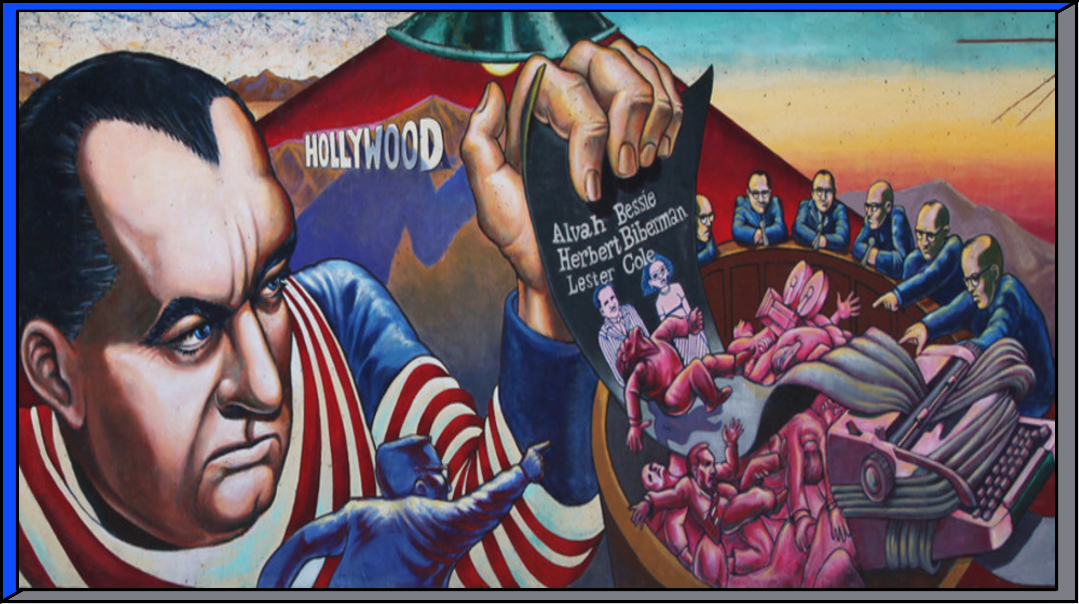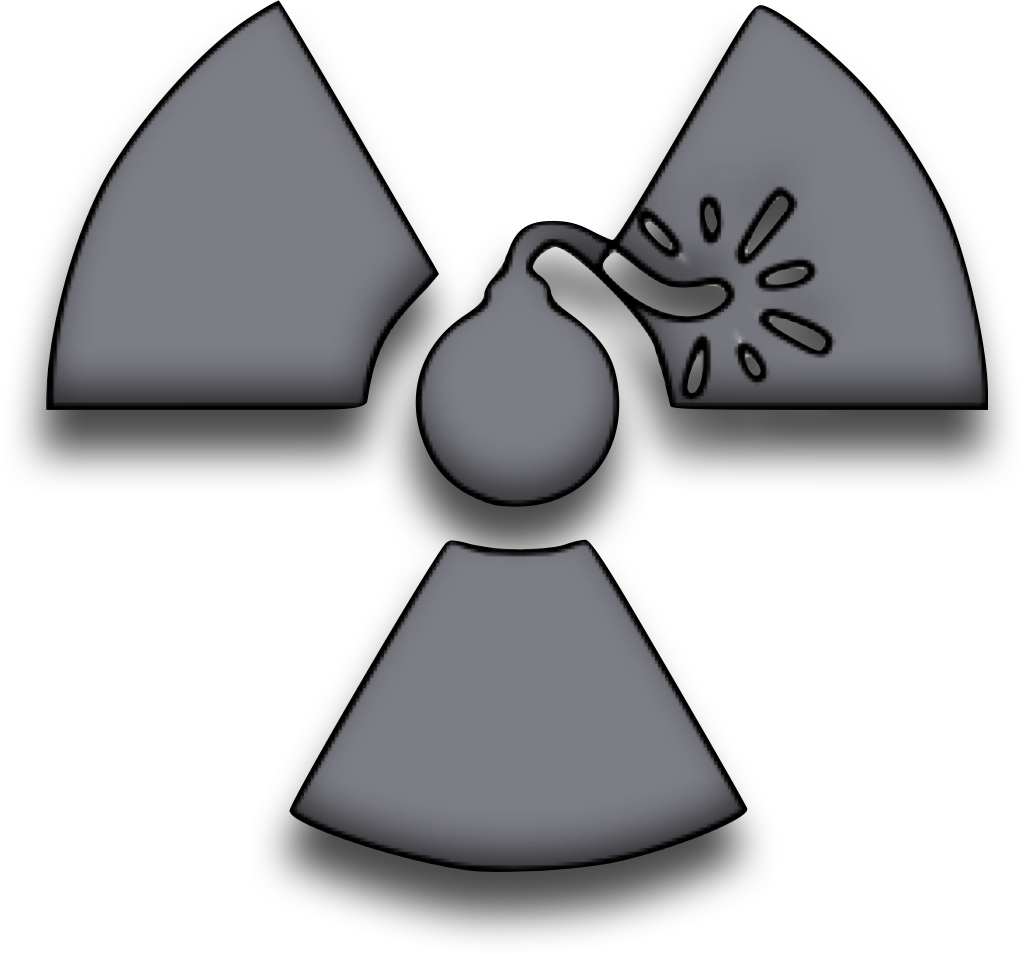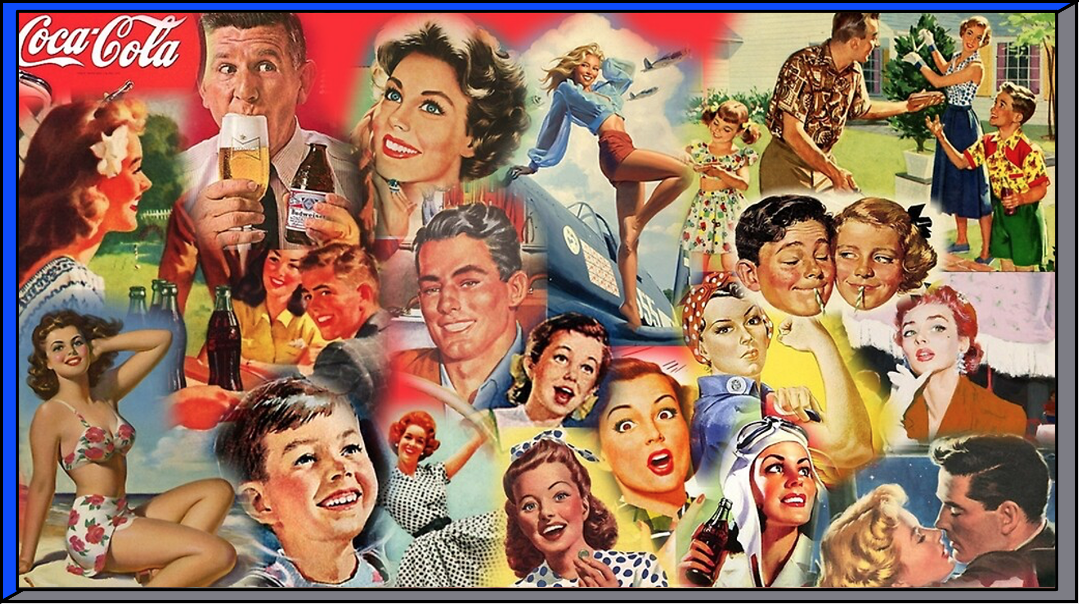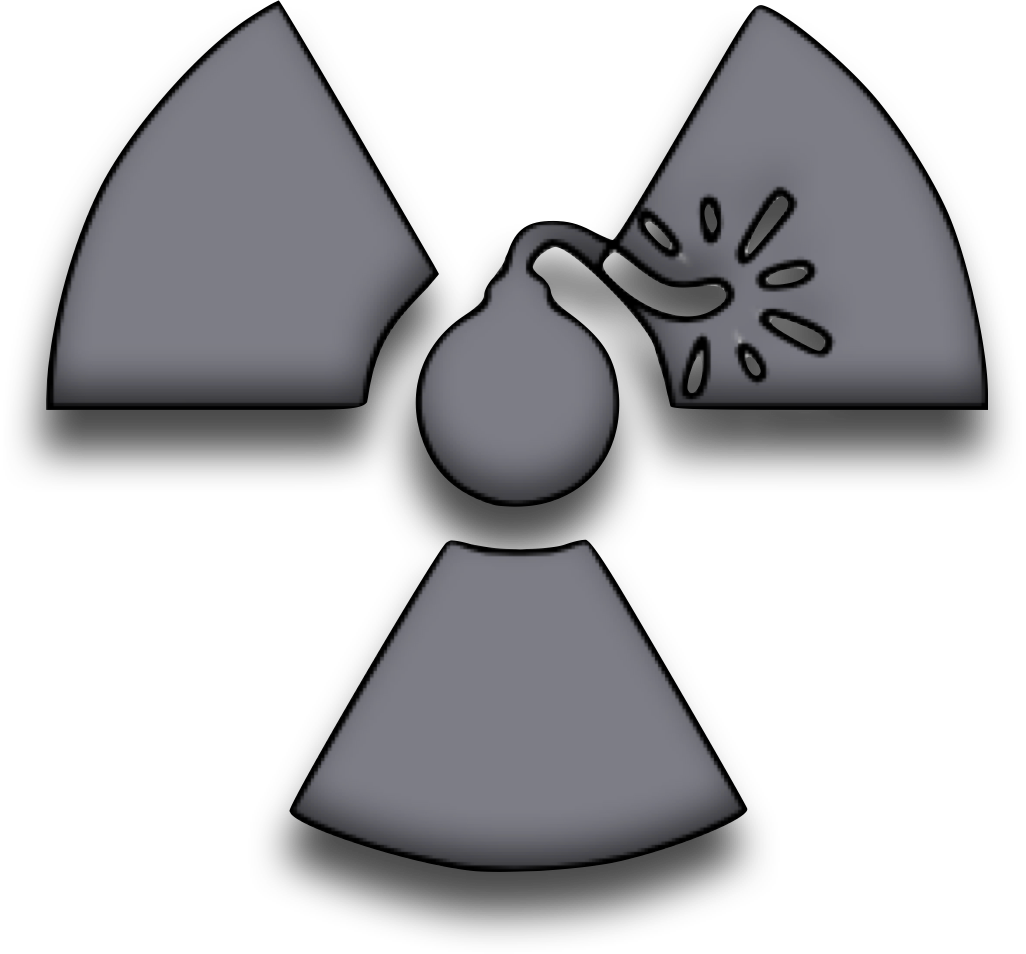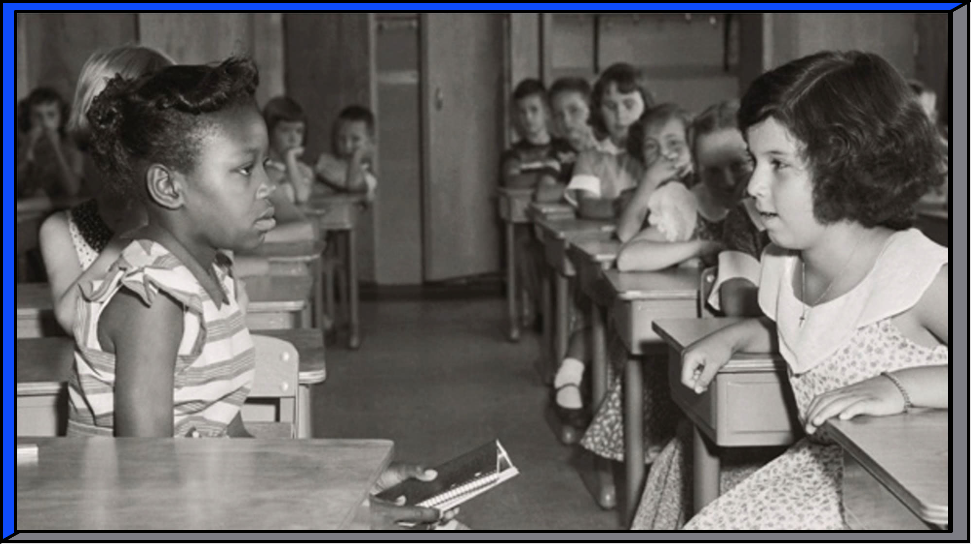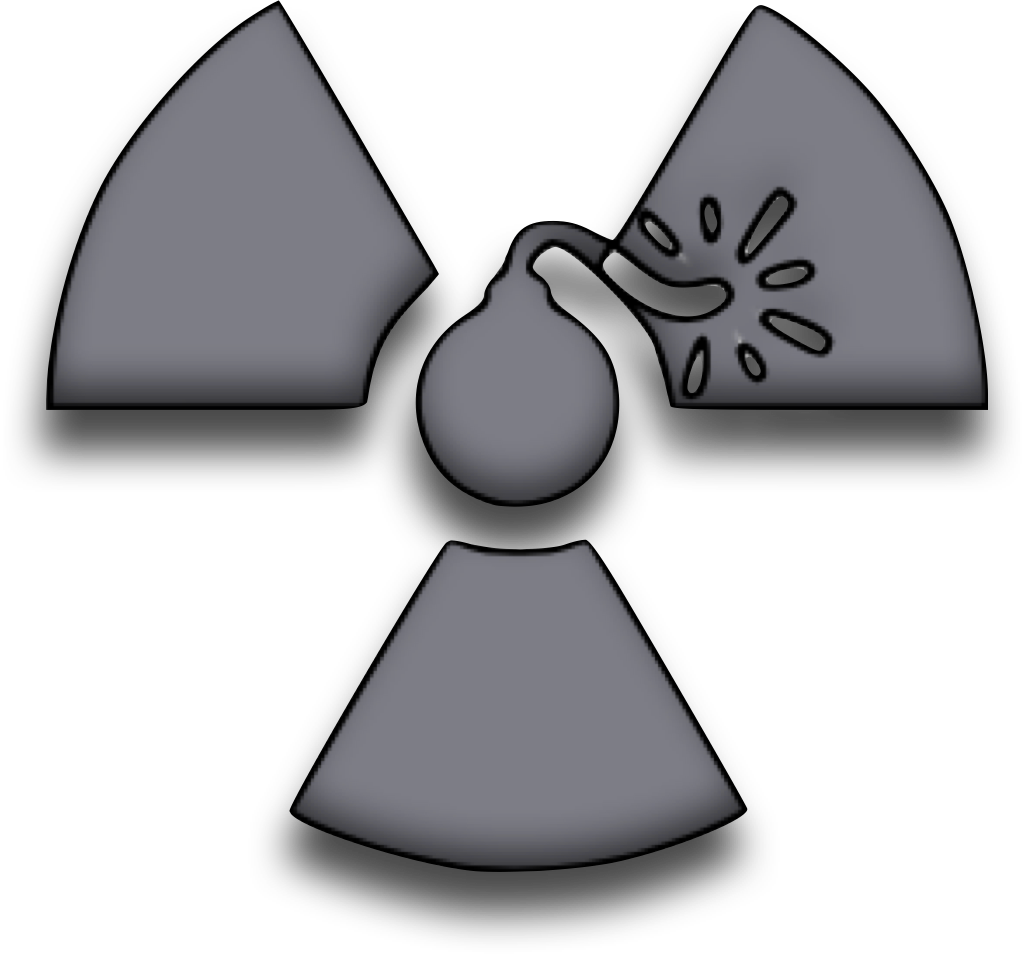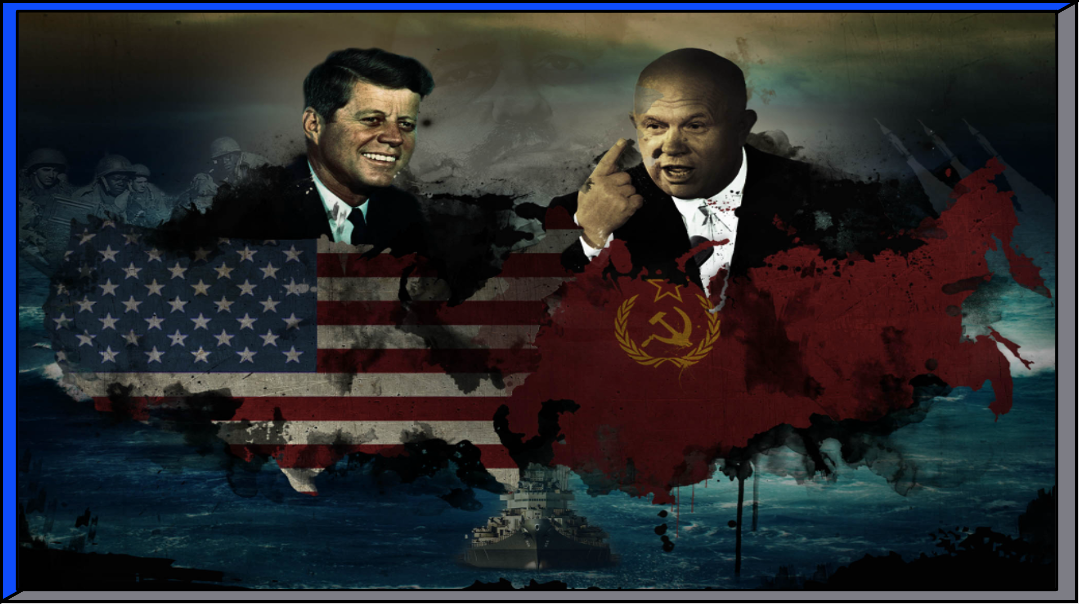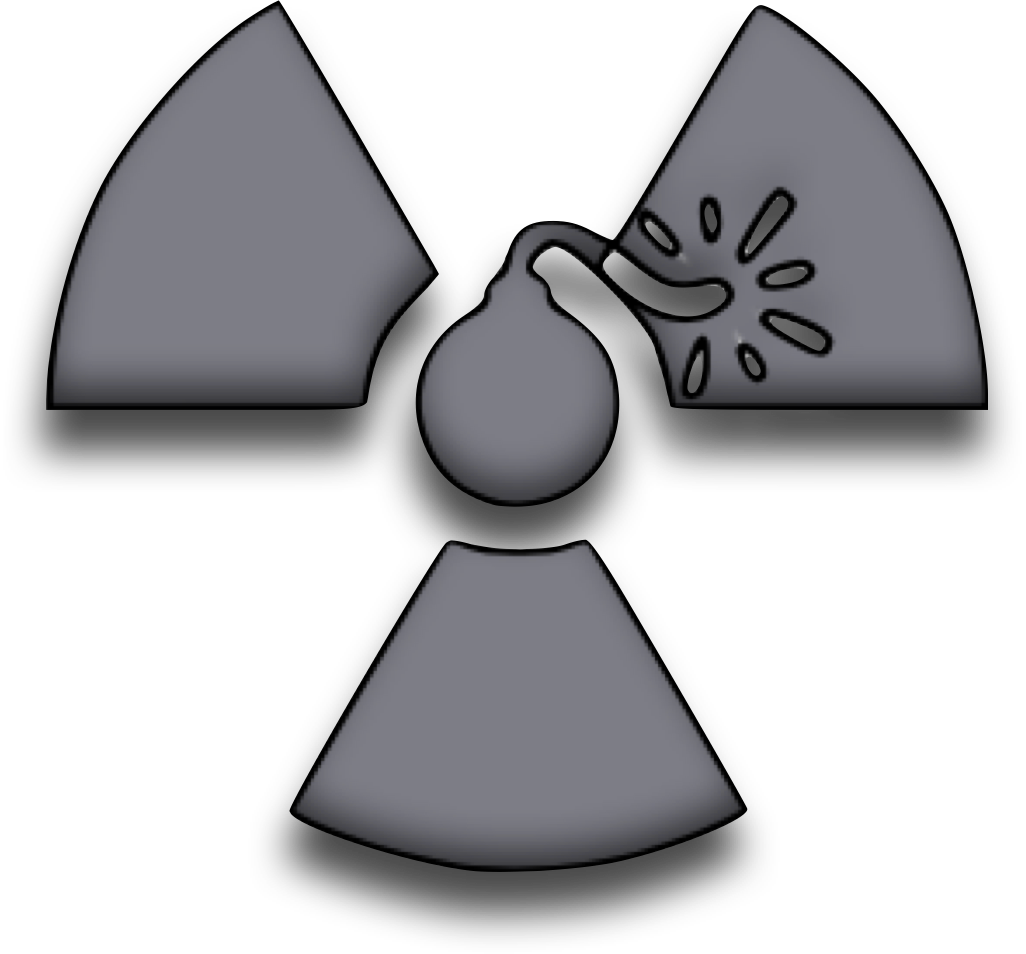-
American History
- American History Honors >
- Unit 0: 1763 - 1800 - Revolutionary America
- Unit 1: 1800 - 1848 - Expansion & Reform
- Unit 2: 1848 - 1877 - A Nation Divided
- Unit 3: 1865 - 1898 - The Gilded Age
- Unit 4: 1890 - 1920 - American World Debut
- Unit 5: 1920 - 1945 - Trials and Tribulations
- Unit 6: 1945 - 1963 - Cold War Tensions
- Unit 7: 1955 - 1980 - Conflicts & Resolutions
- Unit 8: 1980 - present - Modern America
-
World History
- World History Honors
- Unit 1: (1200-1450) - State Building in the Global Tapestry
- Unit 2: (1200-1450) - Networks of Exchange
- Unit 3: (1450-1750) - Land-Based Empires
- Unit 4: (1450-1750) - Sea of Exploration
- Unit 5: (1750-1900) - Revolutions
- Unit 6: (1750-1900) - Imperial Migration
- Unit 7: (1900-present) - Global Conflicts
- Unit 8: (1900-present) - Cold War & Decolonization
- Unit 9: (1900-present) - Globalization
-
Advanced Placement (AP)
-
AP World History
>
- Unit 1: (1200-1450) - State Building in the Global Tapestry
- Unit 2: (1200-1450) - Networks of Exchange
- Unit 3: (1450-1750) - Land-Based Empires
- Unit 4: (1450-1750) - Transoceanic Interconnections
- Unit 5: (1750-1900) - Revolutions
- Unit 6: (1750-1900) - Imperial Migration
- Unit 7: (1900-present) - Global Conflicts
- Unit 8: (1900-present) - Cold War & Decolonization
- Unit 9: (1900-present) - Globalization
-
AP European History
>
- Unit I - The Rise of Europe
- Unit II - Rebirth and Exploration
- Unit III - A Fractured Faith
- Unit IV - A Question of Sovereignty
- Unit V - A Shifting Society
- Unit VI - Revolution
- Unit VII - Political Turmoil
- Unit VIII - Rise of the Nation-State
- Unit IX - Forging the Modern Era
- Unit X - Imperialism and the Great War
- Unit XI - Global Conflicts
- Unit XII - The Long Peace
-
AP World History
>
- Civic Literacy
|
KEY TOPICS
|
After World War II, America and the Soviet Union emerged as the two superpowers with tensions between the two developing during the last stages of war that could boil over to an outbreak of war. These tensions led both nations to compete economically, politically, and militarily to become the ultimate superpower leading to a Cold War.
|
|
KEY TOPICS
|
Americans grew increasingly worried about the threat of communism at home following the fall of Russia to communism at the end of World War I. That fear relapsed following World War II as the Soviet communists were now competing with America for world dominance leaving many in America to fear the threat of communist from within!
|
|
KEY TOPICS
|
After WWII, many worried the end of the war along with the millions of men returning from the war to enter the labor market would lead the nation into a recession (temporary economic downturn). However, increased consumer spending on goods unavailable during the war along with increased government spending on infrastructure fueled economic growth.
|
|
KEY TOPICS
|
To address the violation of their civil rights withheld from them for over a century, attempts are made to end de facto (by practice) and de jure (by law) segregation in America in a movement to change the culture of America and restore promises made to the black community following the Civil War.
|
|
KEY TOPICS
|
The world was on the brink of nuclear war as the Cold War conflict between America and the Soviets heated up over new technology and the effects of decolonization on global economics and political systems. At its climax, the world held its breath as America and the Soviets were just hours away from full out nuclear war.
|
-
American History
- American History Honors >
- Unit 0: 1763 - 1800 - Revolutionary America
- Unit 1: 1800 - 1848 - Expansion & Reform
- Unit 2: 1848 - 1877 - A Nation Divided
- Unit 3: 1865 - 1898 - The Gilded Age
- Unit 4: 1890 - 1920 - American World Debut
- Unit 5: 1920 - 1945 - Trials and Tribulations
- Unit 6: 1945 - 1963 - Cold War Tensions
- Unit 7: 1955 - 1980 - Conflicts & Resolutions
- Unit 8: 1980 - present - Modern America
-
World History
- World History Honors
- Unit 1: (1200-1450) - State Building in the Global Tapestry
- Unit 2: (1200-1450) - Networks of Exchange
- Unit 3: (1450-1750) - Land-Based Empires
- Unit 4: (1450-1750) - Sea of Exploration
- Unit 5: (1750-1900) - Revolutions
- Unit 6: (1750-1900) - Imperial Migration
- Unit 7: (1900-present) - Global Conflicts
- Unit 8: (1900-present) - Cold War & Decolonization
- Unit 9: (1900-present) - Globalization
-
Advanced Placement (AP)
-
AP World History
>
- Unit 1: (1200-1450) - State Building in the Global Tapestry
- Unit 2: (1200-1450) - Networks of Exchange
- Unit 3: (1450-1750) - Land-Based Empires
- Unit 4: (1450-1750) - Transoceanic Interconnections
- Unit 5: (1750-1900) - Revolutions
- Unit 6: (1750-1900) - Imperial Migration
- Unit 7: (1900-present) - Global Conflicts
- Unit 8: (1900-present) - Cold War & Decolonization
- Unit 9: (1900-present) - Globalization
-
AP European History
>
- Unit I - The Rise of Europe
- Unit II - Rebirth and Exploration
- Unit III - A Fractured Faith
- Unit IV - A Question of Sovereignty
- Unit V - A Shifting Society
- Unit VI - Revolution
- Unit VII - Political Turmoil
- Unit VIII - Rise of the Nation-State
- Unit IX - Forging the Modern Era
- Unit X - Imperialism and the Great War
- Unit XI - Global Conflicts
- Unit XII - The Long Peace
-
AP World History
>
- Civic Literacy








